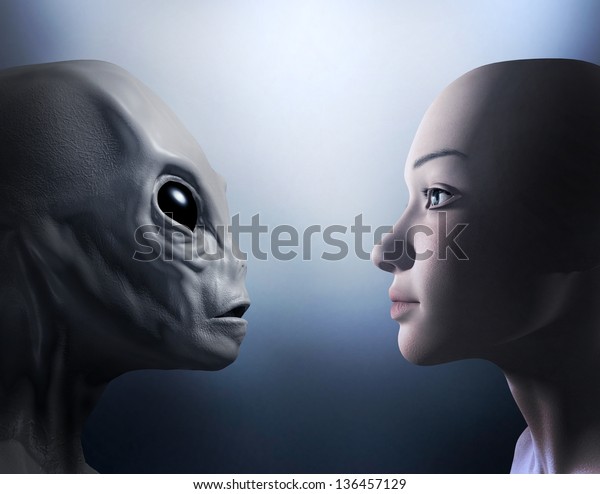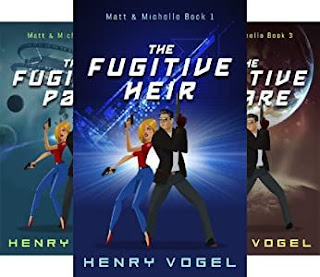Recommended Watching
Free Guy
Some people just can’t stand Ryan Reynolds. If you are one of those people, give this one a miss, as this movie features Ryan Reynolds at his Ryan Reynoldsiest.
If that prospect doesn’t bother you…
Free Guy is a hoot, and a lot of fun.
In this movie Reynolds plays “Guy,” a man whose life is so boring, repetitious, and inconsequential that he doesn’t even realize he doesn’t have a last name—until the day he wakes up, and realizes he’s just an NPC in someone else’s MMRPG.
Then he decides to try deviating from his script, just to see if he can make a difference.
I don’t want to say too much about this one, except to say that it’s smart, funny, and full of surprises. I like to think it’s the sort of story Philip K. Dick might have written if he was still alive today—and if he wasn’t a paranoid schizophrenic, and wasn’t loaded to the gills on anti-psychotic meds, and was much better at writing comedy than he really was, and in short, was more like the person I wish he’d been in real life and not like the sad mess he actually was. Never mind. Forget the analogy.
There is an inner plot—about Guy discovering who he is, the truth about the world he lives in, and the real reason for and purpose of his life—encased in an outer plot, about the usual stolen code and evil megacorporation and rich megalomaniac fashion victim übervillain and all that sort of thing. The outer plot isn’t particularly groundbreaking in any way, but it is necessary in order to add extra meaning and urgency to the inner plot. By the end of this movie you will actually care about the characters in this story, the NPCs even more so than the “real” people, and the ending is very positive and uplifting.
Which makes it all the more puzzling to me, then, that the screenplay for this one was co-authored by the same yutz who co-authored the second movie on today’s double-feature—but more about that in a minute.
Recommendation: Make a big bowl of popcorn, kick back, and enjoy this one!
_____________________
Recommended Missing
Ready Player One
My momma always told me, “If you can’t say anything nice, don’t say anything at all.”
Must. Bite. Tongue…
Sorry mom, I can’t do it. Maybe someone else can find something positive to say about this one, but for me, this movie manages to combine everything I find irritating about Steven Spielberg at his smug, smarmy. self-indulgent and self-referential worst with everything I absolutely hate about contemporary formulaic, derivative, paint-by-numbers “cyberpunk” fiction, all rolled up into one great big incoherent steaming turd of a movie. There is such a thing as homage, and it can be quite good. This isn’t an homage, though, it’s a flash mob storming through the 1980s and stealing everything that isn’t nailed down.
The fact that this movie made a half-billion dollars irks me.
The fact that the novel this movie was based on was a New York Times bestseller infuriates me.
The fact that the sequel, Ready Player Two, debuted as the #1 bestseller on the New York Times list and the film is already in development renders me nearly speechless. If the Russians were to wipe us out in a nuclear war next week and thus prevent the sequel movie from being completed and released, they would be doing the world a favor.
Maybe someone else can find something positive to say about this one. I can’t.
Recommendation: If your only choice is between watching this one or gouging your own eyes out, say goodbye to your eyes and start gouging.




















